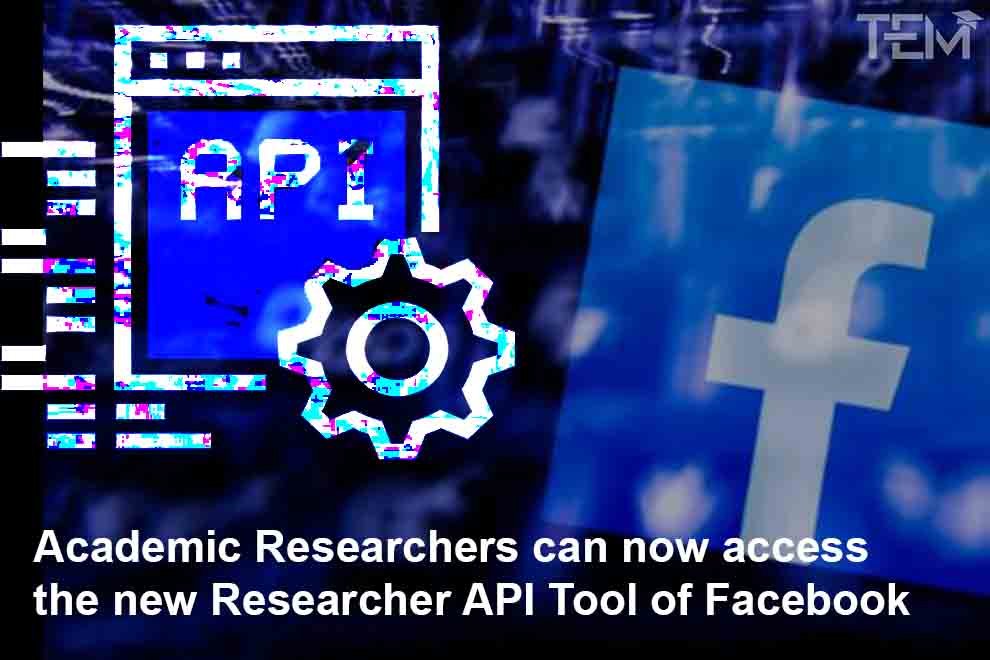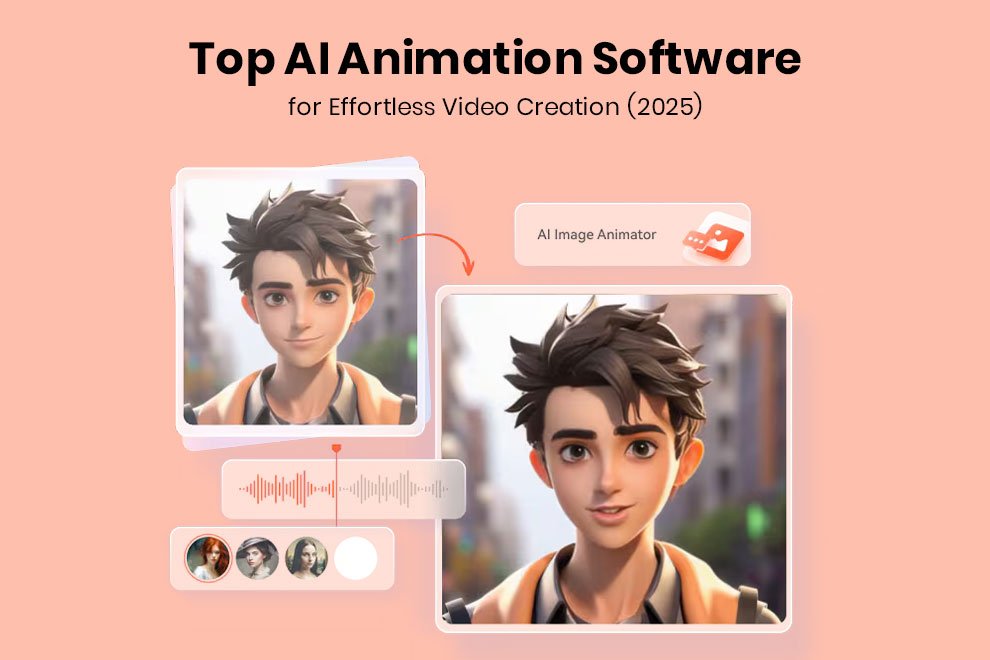- The new Researcher API tool of Facebook will enable researchers to aggregate near-universal real-time data
- The Python-based API tool will provide restricted access to a group of academic researchers
- The tool will enable researchers to access four buckets of real-time data including pages, groups, events, and posts
Academic Researcher API Tool
Facebook’s new academic Researcher API is a new tool that has been designed to aggregate near-universal real-time data. The new tool from Facebook will now be accessed by a handful of academic researcher teams. The project was developed by the Facebook Open Research & Transparency (FORT) team. The Researcher API is a beta version of the toolkit that was first announced at F8 this year. The tool is Python-based that runs in JupyterLab, an open-source notebook interface.
Digital Clean Room
The new Researcher API tool comes with certain limitations and restrictions to protect the privacy and personal data of users and prevent recurrence of 2018’s Cambridge Analytica scandal where a political consulting firm gained unauthorized access to the personal data of millions of Facebook users. Initially, the tool will have restricted access to a small group of established academic researchers through an invite-only system. Gradually, Facebook will expand access to the tool to all academics beyond the initial test group, incorporating feedback from the trial. Another limitation of the tool is that it runs in a very controlled environment, described as a ‘digital clean room’. Only those academic researchers having access to the API tool can gain entry to the environment. The researchers will be allowed to access the environment through a Facebook VPN, collect data and crunch numbers, and the analysis. Export of raw data from the API tool will not be allowed to any researcher.
Implications of the API Tool
The API tool launch will enable access to four buckets of real-time Facebook data including pages, groups, events, and posts where public data will be extracted only from sources within the U.S. and the EU at the initial stage. To extract data using the API tool for the groups and pages, the presence of an administrator will be required in a supported country. The tool will enable researchers to analyze large amounts of raw text through methodologies like sentiment analysis. It will also allow researchers to access related information including group, page descriptions, creation dates, and post reactions.
Also Read: Adobe Photoshop and Illustrator are coming to your web browser










